Posted on 2/29/2024
.jpeg)
Out of nowhere, your car's check engine light comes on. Is it a minor issue, or is your vehicle on the brink of a breakdown? Today, we unravel and answer the mystery behind the check engine light, helping you understand when to worry and what steps you can take to address it. The Check Engine Light Before diving into a state of panic, it's crucial to understand what the check engine light signifies. Contrary to popular belief, it doesn't necessarily mean your engine is about to explode. Rather, it serves as a warning sign that something within your vehicle's intricate system requires attention. It could be anything from a loose gas cap to a more serious mechanical issue. Decoding the Signals - When to Worry Now, the big question: when should you worry about the check engine light? While it's tempting to ignore it and ... read more
Posted on 1/27/2024
.jpeg)
When it comes to maintaining your vehicle, the fuel system often gets overshadowed by more prominent components like the engine or brakes. However, proper fuel system care is just as important - who wouldn't want a more efficient car? Today, we will explain a few things about this system and highlight tips you might not know, so keep on reading if you want to know more! Why Should I Maintain The Fueling System Maintaining your fuel system is crucial for several reasons. It ensures efficient fuel consumption, prevents breakdowns, and extends the lifespan of your vehicle. A well-maintained fuel system keeps the engine running smoothly, reduces emissions, and saves you money on potential repairs and fuel costs. Using Quality Fuel High-quality fuel burns more efficiently, leading to better engine performance and lower emissions. Poor-quality fuel, often laden with ... read more
Posted on 12/5/2023

Cruise control is a handy feature designed to enhance the driving experience, providing convenience and control during long journeys. However, like any technology, understanding the do's and don'ts of cruise control is essential for safe and effective use. At Golden Gear Automotive, we're here to guide you through the nuances of cruise control, helping you make the most of this feature while ensuring a smooth and secure ride. Cruise Control Do's:Use on Open Roads: Activate cruise control on open, straight roads with minimal traffic for optimal effectiveness. Maintain a Safe Following Distance: Always set cruise control at a speed that allows for a safe following distance behind the vehicle in front of you. Adapt to Road Conditions: Be mindful of the road conditions. Avoid using c ... read more
Posted on 11/29/2023
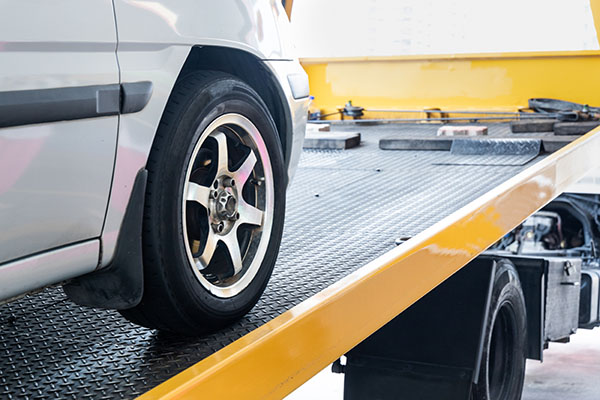
You're cruising down the road, just like every other day, and suddenly... bam! Your car decides it's time for an unexpected siesta, leaving you stranded on the side of the road. In moments like these, the unsung hero emerges—the towing service. But when is the right time to dial that number, and why should you consider towing services? When to Consider Towing ServicesMechanical Mishaps Cars can often develop faults that require immediate attention. In such situations, towing services come to the rescue, ensuring both the safety of the vehicle and its occupants. Whether it's a flat tire, an overheated engine, or an unidentified noise, a tow truck provides a much-needed reprieve. Collision & Accidents In the unfortunate event of a fender bender, emotions run high, and so does the need for a tow. Towing services ensure yo ... read more
Posted on 10/28/2023
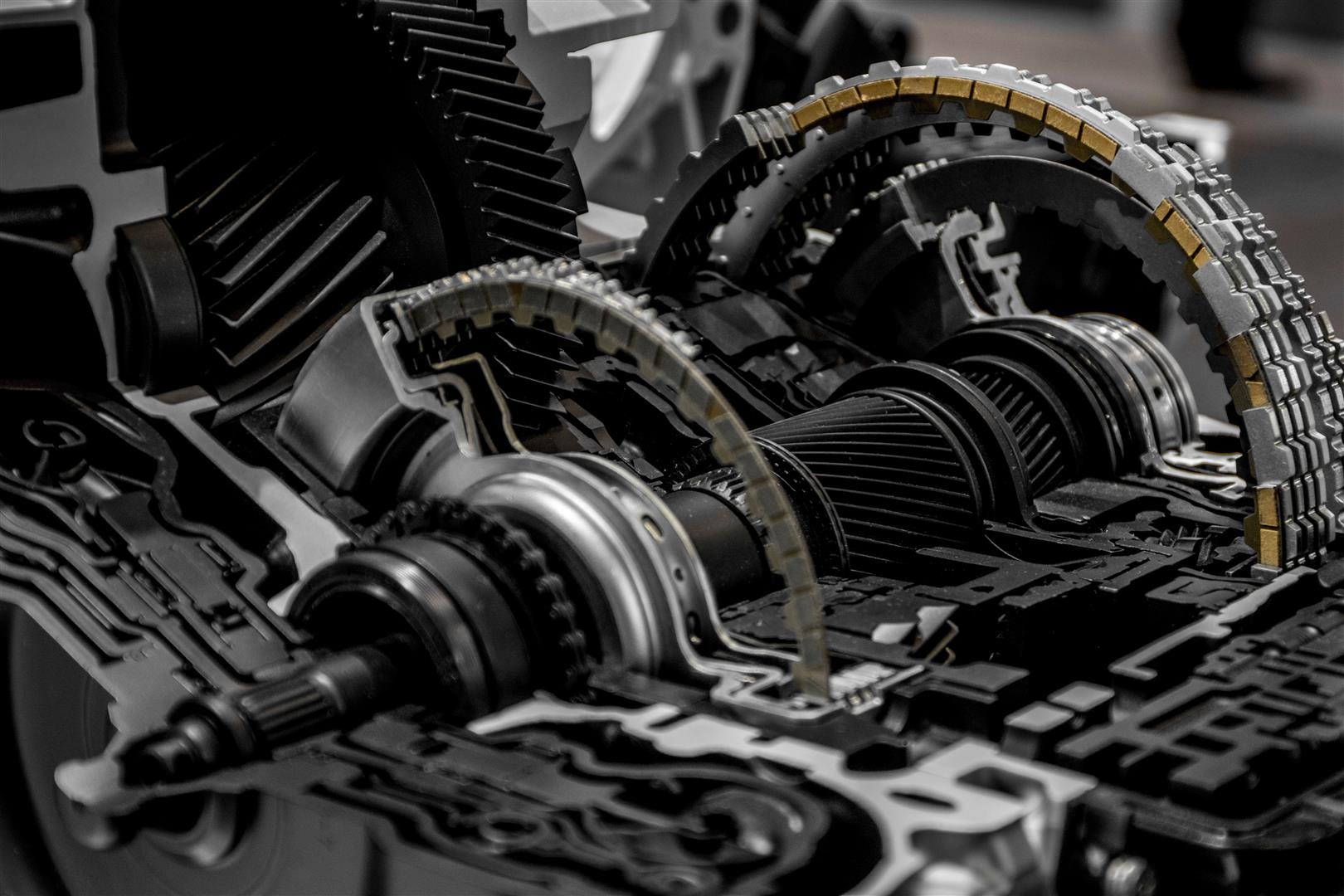
Suddenly, as you attempt to shift gears, you encounter an unexpected resistance - a moment of panic sets in – is it the clutch? A crucial component of your manual transmission system, the clutch is responsible for the smooth gear shifts and seamless driving experience. Just like any other component, things can get worn out and simply age. Let's take a look at five of the most common signs a clutch gives out when it is having trouble. 1. The Dreaded Slipping Sensation One of the first signs of a deteriorating clutch is the unnerving sensation of slipping gears. You might notice that the engine revs, but the vehicle doesn't respond as expected, especially when you accelerate. It's akin to the gears momentarily losing their grip, a telltale sign that your clutch might be in need of attention. 2. Burning Odor Have yo ... read more
Posted on 9/30/2023
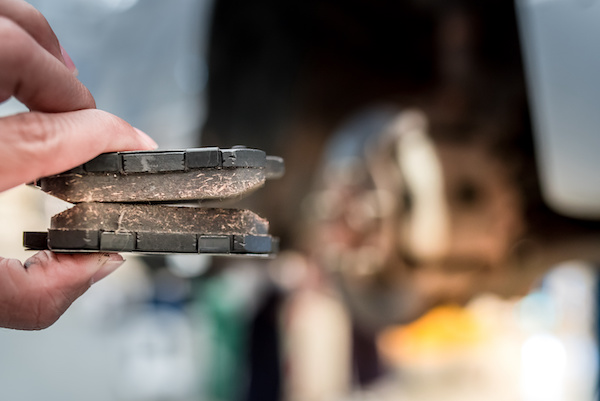
Have you every heard an annoying high-pitched squeal starts emanating from your brakes during stops before? We've all been there, and that screeching sound can be both irritating and worrisome. Fortunately, Golden Gear Automotive is going to uncover the reasons behind those squealing brakes and what you can do to hush them, ensuring you drive in peace while keeping your car safe. Brake Dust Buildup One common culprit for brake squealing is brake dust buildup. Over time, as you apply your brakes, tiny particles of brake pad material wear off and accumulate on the brake rotor. When the brakes are engaged, these particles can cause friction and produce that annoying squeal. Regularly cleaning your brakes can help reduce dust buildup. Worn Brake Pads As your brake pads wear down, they can reach a point where a wear indicator, often a small metal tab, comes into contact with the rotor. When this happens, it creates a high-pitched squeal to alert you that it's time ... read more
Posted on 8/31/2023
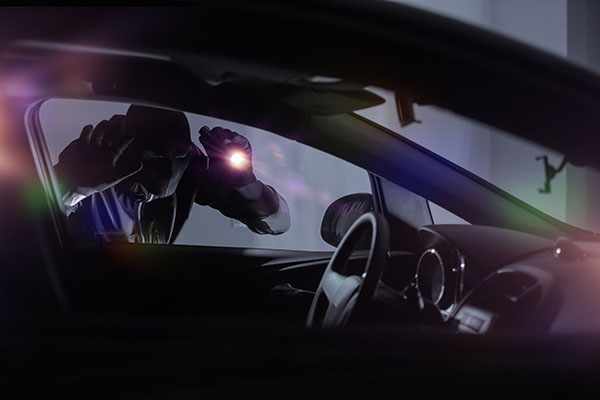
Embarking on a holiday or road trip is an exciting adventure, but it's crucial to ensure that your vehicle is safe from potential theft while you're away. Nothing can ruin your vacation spirit faster than discovering your car has been targeted. Fear not! Here is an easy-to-follow guide to theft-proofing your car! 1. Disconnecting the Fuel Pump Relay: A Sneaky Deterrent Before we dive into other theft-proofing measures, let's talk about disconnecting the fuel pump relay. This clever technique can leave potential thieves scratching their heads. By disconnecting the fuel pump relay, you prevent the fuel pump from delivering fuel to the engine, rendering the car immobile. Thieves won't get far without fuel or in some cars, they won't even be able to start the car! Just remember to reconnect it when you return to avoid any inconveniences for yourself. For the exact location of your fuel pump relay, look at the owner's manual or the official websit ... read more
Posted on 7/31/2023
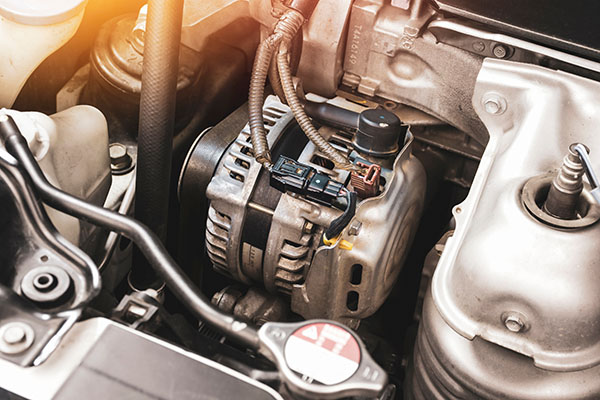
Good old alternators, what will we do without them? As simple as they are, they are quite important for the vehicle's electrical system and start-up process. "How is that?" you might ask. We were just waiting for that question! Here's a breakdown of how the alternator works and its connection to the battery, starter, and other systems: Primary Function - Charging the Battery The primary function of the alternator is to charge the vehicle's battery. The DC power produced by the alternator is sent to the battery, replenishing the charge that was used during the engine starting process. The alternator must generate enough electrical power to meet the electrical demands of the vehicle while also maintaining the battery's charge. When the engine is running, the alternator is driven by a belt connected to the engine's crankshaft. As the engine rotates, the alternator spins a magnetic field around a set of stationary coils. This action induces ... read more
Posted on 6/30/2023
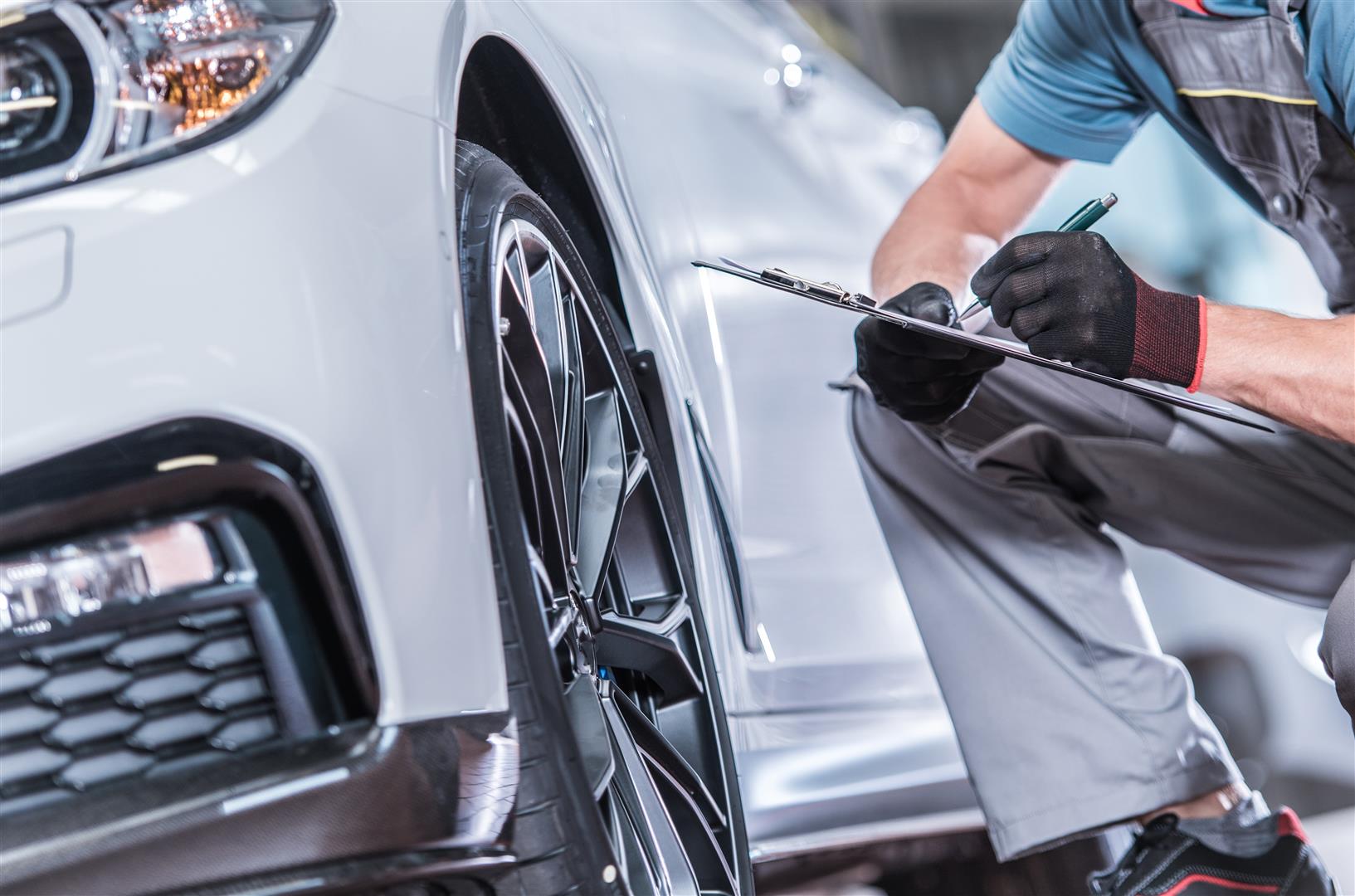
Purchasing a used car can be an exciting yet nerve-wracking experience, especially if you are not experienced. While a vehicle may appear visually appealing and offer an attractive price tag, it's essential to go beyond the surface to ensure its true condition. This is where pre-purchase inspections (PPI) come into play. If you want to learn about the benefits of a professionally held PPI, continue reading! 1. Uncovering Hidden Issues One of the primary benefits of a pre-purchase inspection is the opportunity to uncover any hidden issues or mechanical problems that may not be apparent during a casual inspection. Trained technicians thoroughly assess the vehicle, checking its overall condition, mechanical components, and systems. They can identify issues such as engine problems, transmission issues, brake wear, suspension problems, or potential safety concerns. By identifying these issues beforehand, you can negotiate repairs or adjust the purchase pric ... read more
Posted on 5/31/2023
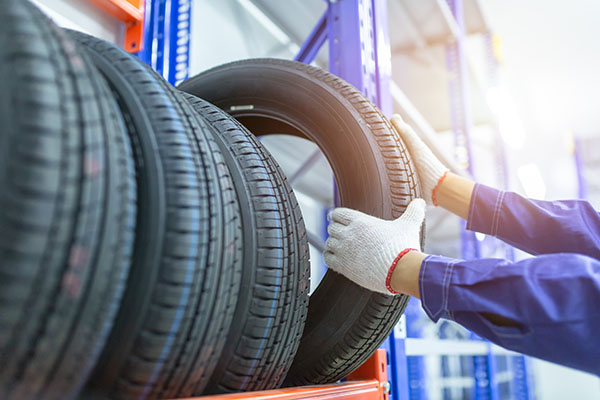
Tires are one of the most critical components of a vehicle, providing traction, stability, and safety on the road. Have you ever wondered what those little numbers on your tires mean? These codes carry important information about tire size, construction, speed rating, and more. In this blog post, we will unravel the meaning behind the numbers on tires to help you understand their significance. Tire Size The tire size is denoted by a series of numbers and letters. For example, if you see a code like "225/55R17," it contains the following information: "225" represents the tire's width in millimeters, measuring from sidewall to sidewall. "55" indicates the aspect ratio or profile of the tire, which is the percentage of the tire's height compared to its width. "R" signifies that the tire has a radial construction and it can also be biased and belted-bias. "17" denotes the diameter of the wheel in inches that t ... read more